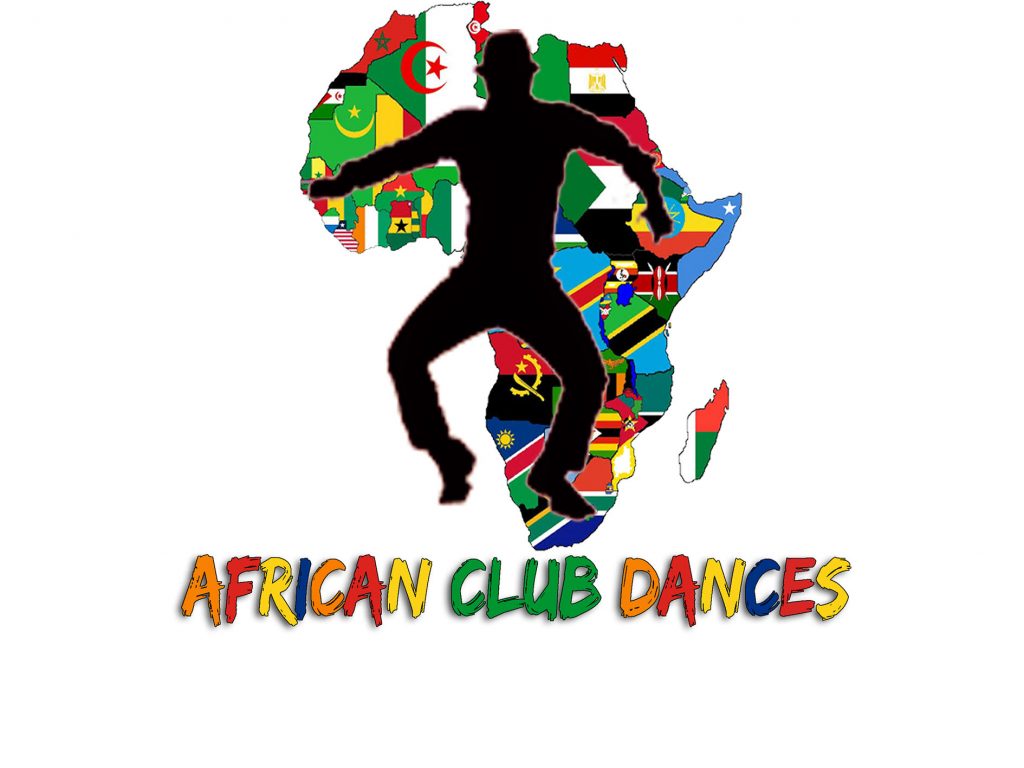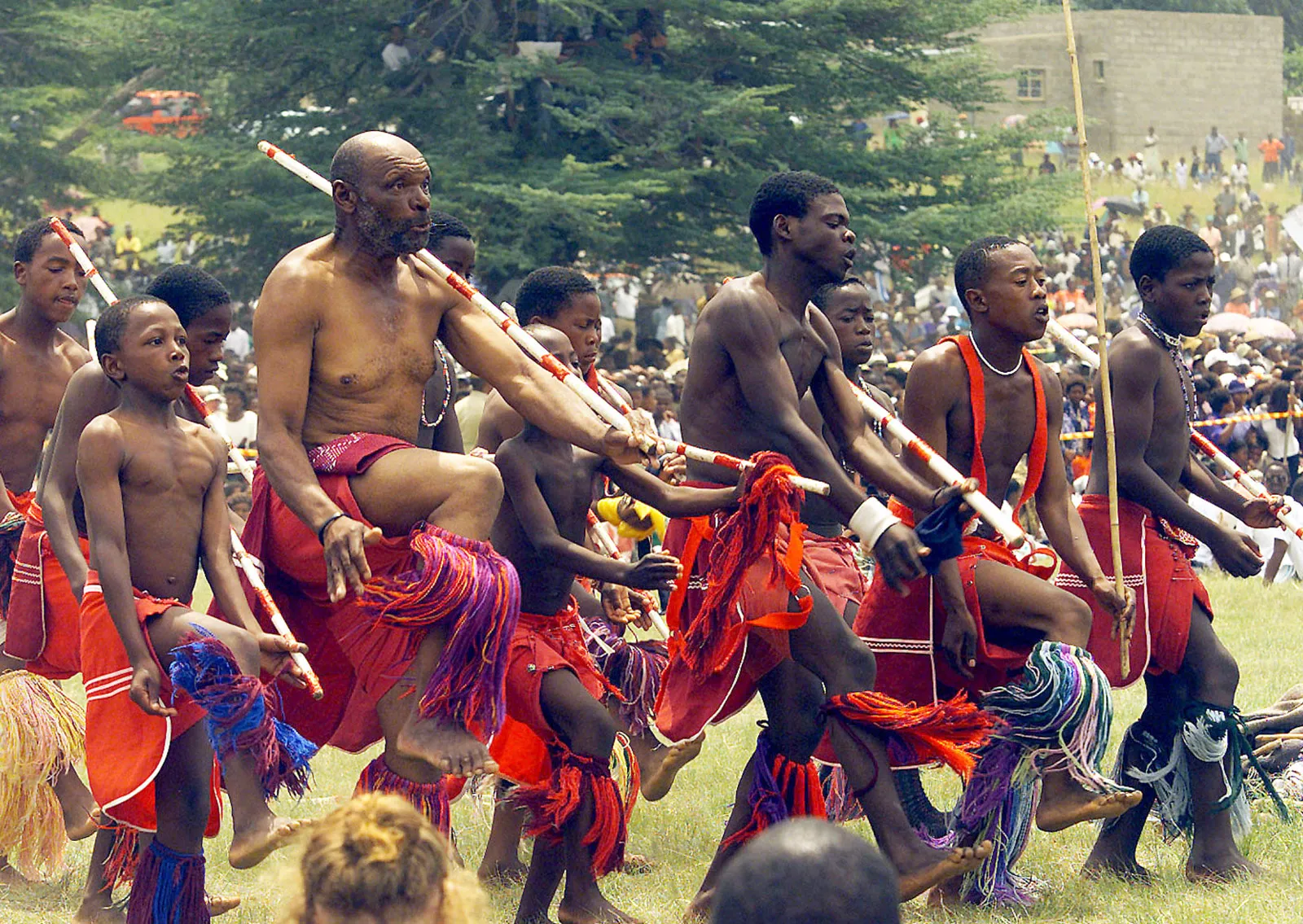At African Club Dances, we celebrate the rich and diverse dance heritage of Africa. The continent’s dance styles are as varied as its cultures, each telling a story of its people’s history, beliefs, and way of life. But when and how did Africans discover their distinctive dance styles? Let’s take a journey back in time to explore the origins and evolution of African dance.
Ancient Beginnings: Dance as a Way of Life
Dance has been an integral part of African culture for thousands of years. From the rock art of the San people in southern Africa, dating back tens of thousands of years, to ancient Egyptian murals depicting dancers, it is clear that dance has always played a crucial role in African societies. In these early times, dance was not just a form of entertainment but a way of life, closely tied to rituals, celebrations, and storytelling.
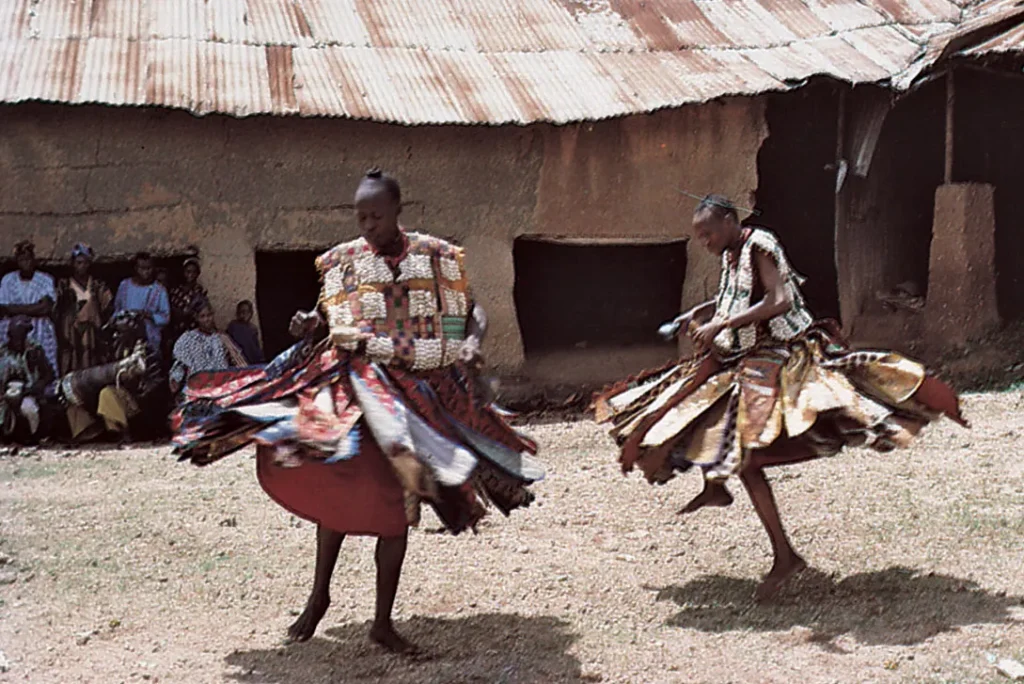
Rituals and Ceremonies
In many African cultures, dance emerged as a vital component of religious and spiritual practices. Ritual dances were performed to honor deities, celebrate harvests, mark rites of passage, and seek protection or healing. Each dance had specific meanings and was often accompanied by traditional music and instruments, creating a holistic and immersive experience. These dances were passed down through generations, preserving the cultural heritage and beliefs of the community.
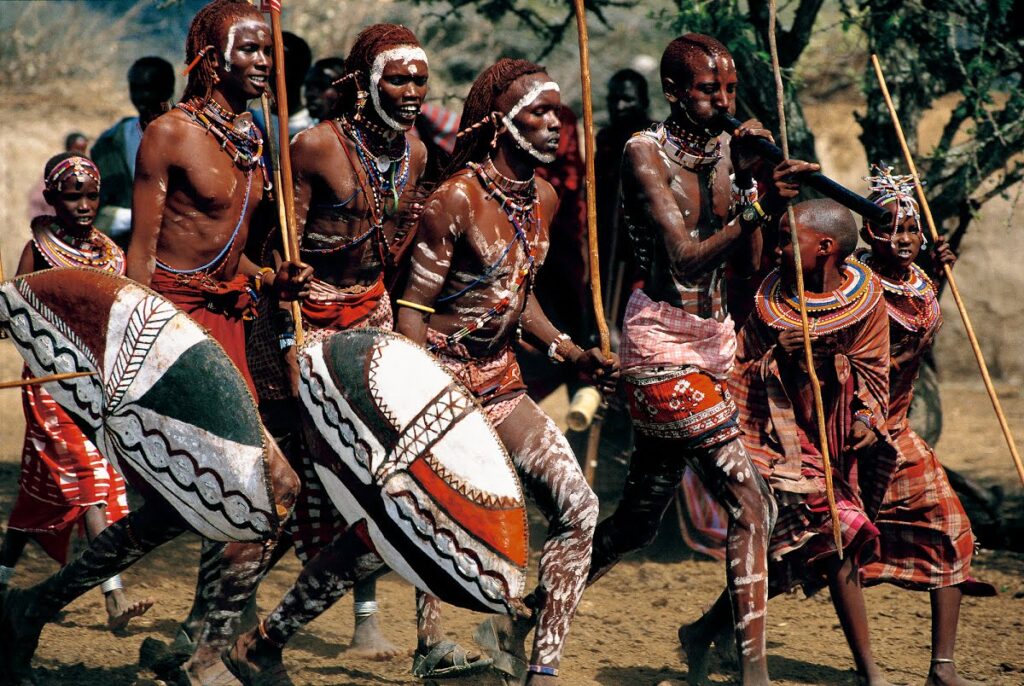
Social and Community Functions
Beyond rituals, dance also played a significant role in the social and communal life of African societies. It was a means of communication, bringing people together to celebrate, mourn, or resolve conflicts. Social dances varied from community to community, reflecting the unique characteristics and values of each group. For example, the energetic and acrobatic dances of the Zulu people of South Africa were distinct from the graceful and rhythmic movements of the Mandinka people of West Africa.

Influence of Trade and Migration
As African societies evolved and interacted with each other through trade, migration, and conquest, their dance styles also evolved. The exchange of goods, ideas, and cultural practices led to the blending and adaptation of dance forms. This cross-cultural influence is evident in many African dances that share similarities despite originating from different regions. For instance, the circular formation and call-and-response patterns found in West African dances can also be seen in dances from Central and East Africa.
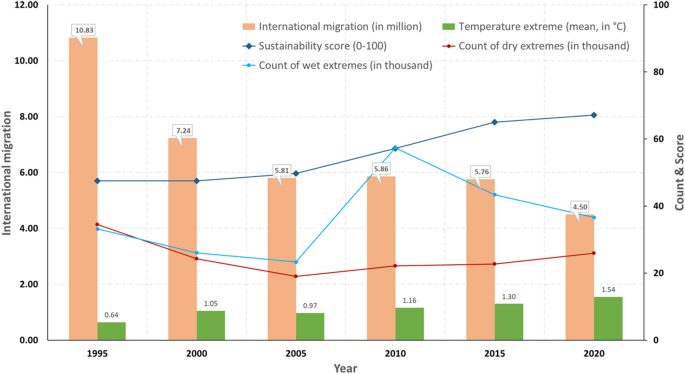
Colonial Era and Cultural Resilience
The colonial era brought significant challenges to African cultural practices, including dance. European colonizers often sought to suppress traditional African dances, viewing them as primitive or subversive. However, Africans demonstrated remarkable resilience, preserving their dance traditions in various forms. In some cases, traditional dances were adapted and integrated into new contexts, such as Christian worship or modern entertainment, ensuring their survival.
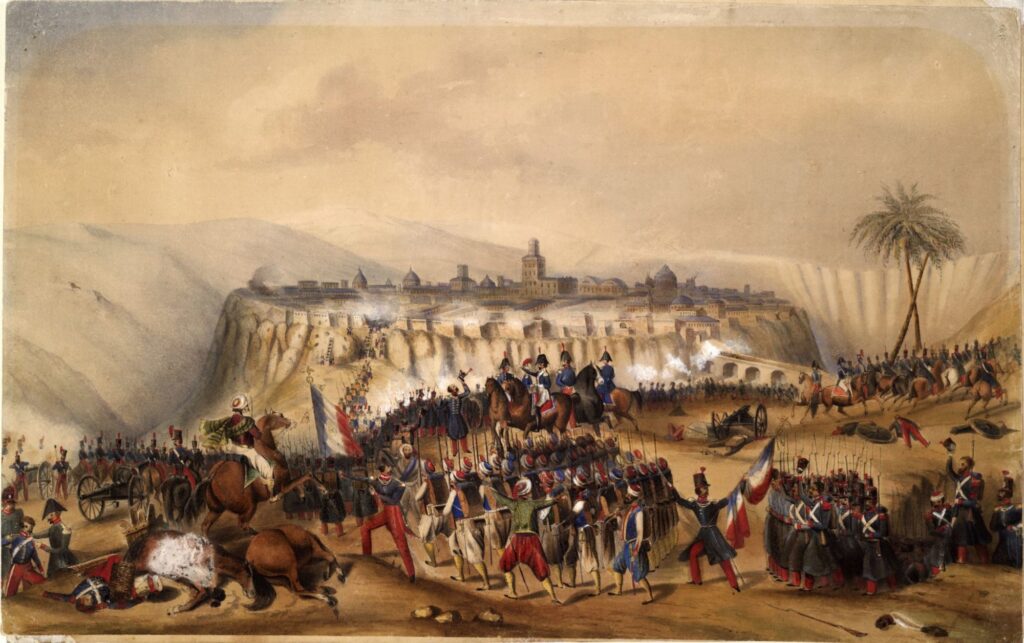
Contemporary Revival and Global Influence
Today, African dance continues to thrive and evolve, both on the continent and globally. In many African countries, there is a renewed interest in traditional dance forms, with efforts to document, teach, and perform them. African dances have also gained international recognition and influence, inspiring modern dance styles and being featured in global music and dance scenes. From Afrobeat dance moves to the incorporation of traditional rhythms in contemporary choreography, the legacy of African dance is alive and vibrant.
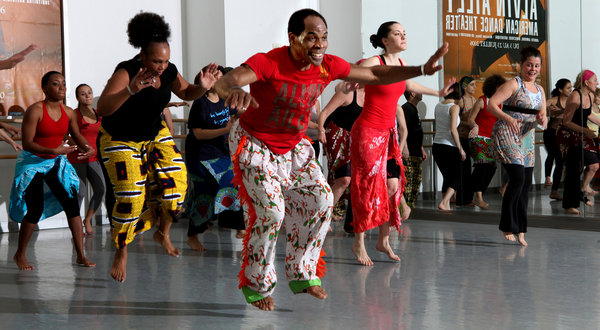
Join Us At African Club Dances
At African Club Dances, we honor the rich history and diversity of African dance. By understanding the origins and evolution of these dance styles, we can better appreciate their cultural significance and continue to celebrate their beauty and vitality. Join us in our journey to dance like we are in Africa, embracing the rhythms and movements that have shaped generations and continue to inspire the world.
Feel free to reach out to us at African Club Dances to learn more about our classes and events. Let’s dance to the beat of Africa together!
